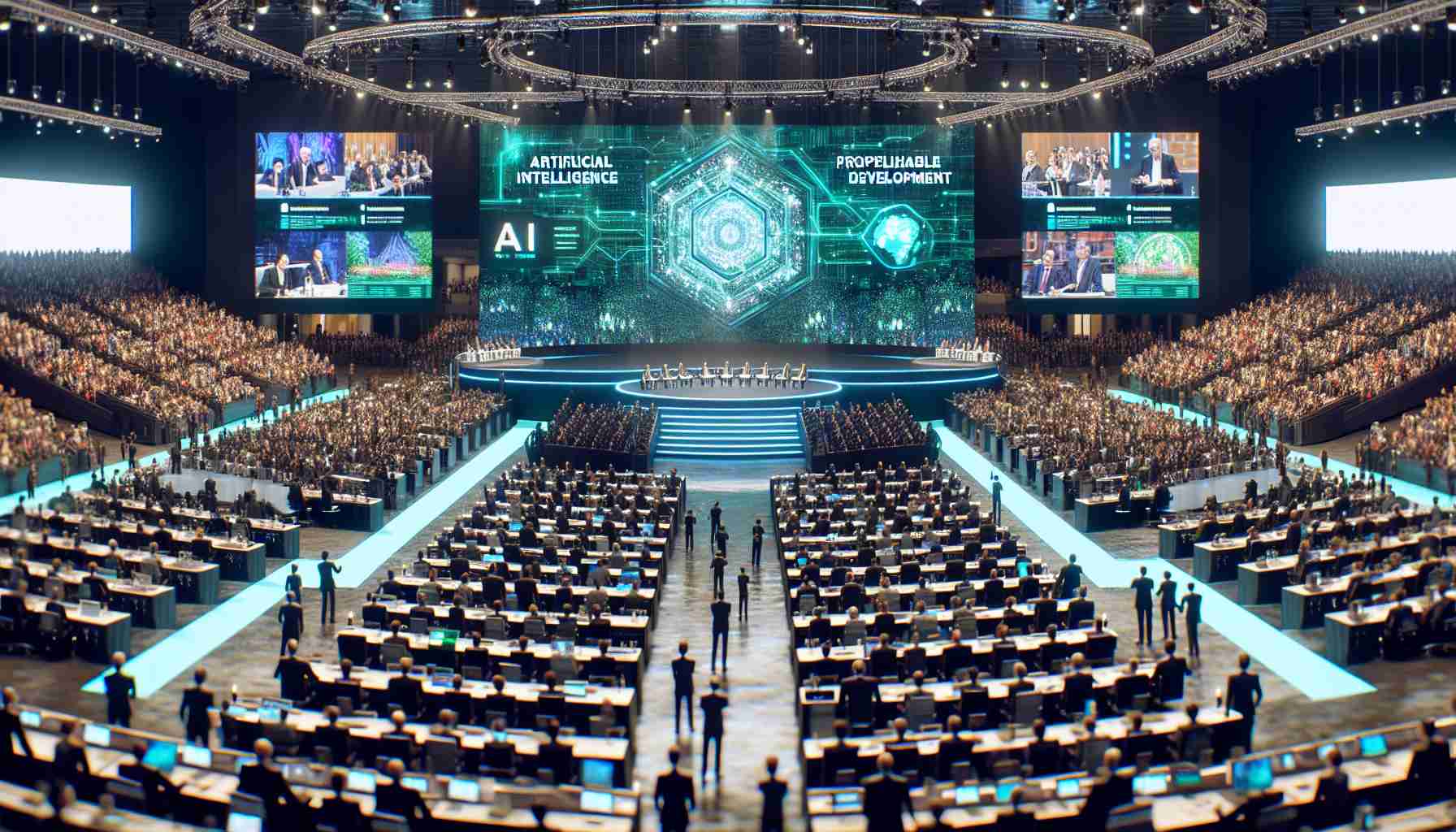The International Telecommunication Union (ITU) and the XPRIZE Foundation, along with over 40 UN agencies and the Swiss Government, have recently convened at the AI for Good Global Summit. This event stands as the United Nations’ leading platform to propel the use of artificial intelligence (AI) to enhance global health, climate solutions, gender equality, inclusive prosperity, resilient infrastructure, and broader developmental goals.
This year, the summit has set its sights on promoting the responsible and sustainable utilization of AI. Renowned speakers from top-tier organizations, including Google, Microsoft, and UNESCO, have provided multifaceted insights on how AI can tackle global challenges from climate change to health crises.
UN Secretary-General Antonio Guterres highlighted AI’s transformative potential in fostering sustainable development globally at the conference. He underscored the imperative for responsible and holistic governance of AI, emphasizing the importance of global collaboration.
Discussion sessions during the summit revolved around key topics such as data privacy, AI ethics, and the necessity for international cooperation in AI management. Not only were these discussions theoretical, but they also presented practical solutions for integrating AI into daily life.
An exhibit featuring a smart robot for patient care was one of the many displays at the conference. Startups and major tech corporations showcased their latest AI applications, offering young innovators the chance to connect with investors and potential partners.
The conference went beyond being a mere knowledge exchange forum; it sparked inspiration and action towards building a future where AI serves the common good of humanity. It posed significant ethical and responsibility-related questions regarding AI development.
Representing Vietnam at this groundbreaking summit was the Creative Education Science Research Institute (RICE), tasked with researching the application of skills and creative intelligence for students and organizations, and the development and transfer of training programs for community empowerment.
Artificial intelligence (AI) poses a range of ethical and practical challenges that require international cooperation and a framework of regulations. As AI systems become more prevalent, they raise questions around privacy, automation, employment, and decision-making. At global forums such as the AI for Good Global Summit, these concerns are addressed, with attempts to reconcile AI development with human rights and ethical standards.
One of the key questions addressed at the summit is: How can we ensure that AI development is aligned with sustainable goals and human well-being? The answer involves creating AI technologies that are not only powerful but also transparent, accountable, and inclusive. Furthermore, it’s crucial to establish global standards and regulatory frameworks to guide the ethical use of AI.
Challenges related to the topic include:
1. Data Privacy: As AI systems often require large amounts of data, there is a risk of breaching individual privacy. Ensuring that AI respects privacy rights is fundamental.
2. AI Ethics: Devising algorithms that make fair and unbiased decisions can be challenging, as they reflect the data on which they are trained.
3. International Cooperation: AI technology often crosses borders, making it essential to have international consensus on its use and regulation.
Controversies often emerge over:
1. Job Displacement: AI can automate tasks previously done by humans, leading to fears of widespread job losses.
2. Weaponization of AI: The deployment of AI in military technologies poses global security risks.
3. Algorithmic Bias: The danger of perpetuating or exacerbating social inequalities through biased algorithms is a concern.
Advantages of AI for sustainable development include:
– The ability to process and analyze large datasets to identify patterns can be useful in several fields such as healthcare, environmental protection, and urban planning.
– AI can optimize resource management, reduce waste, and contribute to more efficient and sustainable practices.
Disadvantages could involve:
– Potential for misuse of AI systems in surveillance and erosion of individual freedoms.
– Reliance on AI could exacerbate the digital divide between countries with different levels of technological advancement.
Related links:
– For the International Telecommunication Union, visit ITU.
– For information on the XPRIZE Foundation, check out XPRIZE.
– For the United Nations’ initiatives on AI, consider visiting UN.
These sources can provide visitors with further insights and ongoing developments in the use of AI for sustainable development, although concrete future outcomes and implementations from the summit would be influenced by ongoing participation and dialogue among international stakeholders.
The source of the article is from the blog radardovalemg.com

